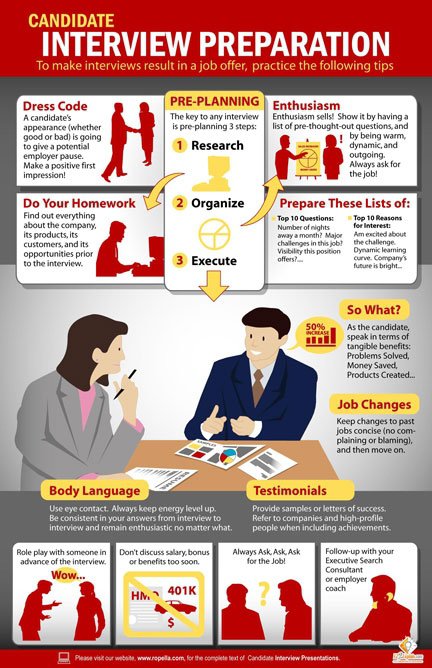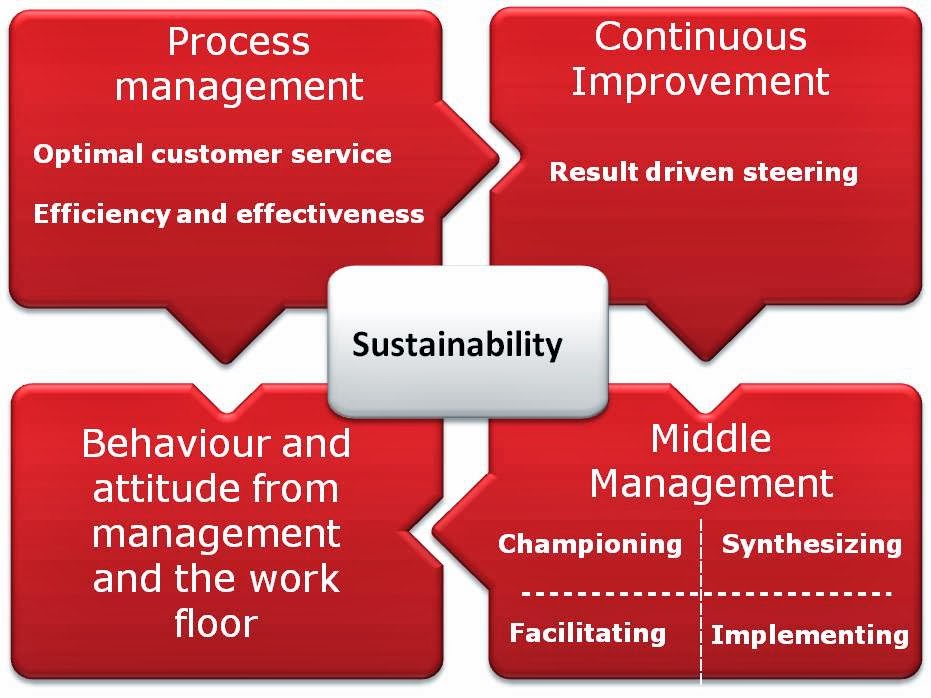Land Your Dream Private Credit Role: 5 Crucial Do's And Don'ts

Table of Contents
Do: Network Strategically within the Private Credit Industry
Building a strong network is paramount in the private credit sector. It's not just about collecting business cards; it's about cultivating meaningful relationships that can open doors to exciting opportunities.
Target the Right Networking Events:
- Industry Conferences: Attend major events like SuperReturn, Private Debt Investor, and smaller, niche conferences focusing on specific areas within private credit (e.g., real estate private credit, infrastructure debt). These offer unparalleled opportunities to meet key players.
- Professional Organizations: Joining organizations like the CFA Institute, the Association for Corporate Growth (ACG), and industry-specific groups provides access to networking events, educational resources, and a community of professionals.
- Leverage LinkedIn: Actively engage on LinkedIn. Connect with professionals in private credit, participate in relevant groups, and share insightful content related to the industry. A strong LinkedIn profile is your digital resume.
- Webinars and Workshops: Participate in private credit-focused webinars and workshops. This not only expands your knowledge but also provides opportunities to interact with speakers and attendees.
Build Meaningful Relationships:
Effective networking goes beyond exchanging contact information. Focus on building genuine connections.
- Go Beyond Superficial Networking: Engage in conversations, show genuine interest in others' work, and remember details about their roles and interests.
- Follow Up: After networking events, send personalized follow-up emails or LinkedIn messages to reinforce your connection.
- Informational Interviews: Seek informational interviews with professionals in private credit to learn about their career paths, gain valuable insights, and potentially uncover hidden opportunities.
- Offer Value: Don't just ask for favors. Offer your expertise, share relevant articles, or provide assistance when possible. Reciprocity is key.
Do: Showcase Your Specialized Private Credit Skills & Experience
Your resume and online presence are your first impression. Make them count.
Tailor Your Resume and Cover Letter:
- Highlight Relevant Skills: Emphasize skills like financial modeling, credit analysis, due diligence, portfolio management, and underwriting, depending on the specific role.
- Quantify Accomplishments: Use numbers to demonstrate your impact. For example, instead of "Improved portfolio performance," write "Increased portfolio returns by 15% through strategic asset allocation."
- Use Keywords: Incorporate keywords found in private credit job descriptions to improve your chances of getting noticed by Applicant Tracking Systems (ATS).
- Tailor to Each Application: Customize your resume and cover letter for each job application to highlight the most relevant skills and experience for that specific role.
Develop a Strong Online Presence:
- LinkedIn Profile: Maintain a professional and up-to-date LinkedIn profile that showcases your skills, experience, and accomplishments.
- Personal Website: Consider creating a personal website or portfolio to showcase your work and highlight your expertise in private credit.
- Share Insights: Share insightful articles or commentary on relevant private credit topics on LinkedIn or your personal website to position yourself as a thought leader.
Do: Prepare Thoroughly for Private Credit Interviews
The interview process is your chance to shine. Thorough preparation is crucial.
Understand the Interview Process:
- Research the Firm: Research the firm's investment strategy, recent deals, and the team you'll be interviewing with. Demonstrate your knowledge and genuine interest.
- Prepare Answers: Prepare answers to common private credit interview questions, including behavioral questions ("Tell me about a time you failed"), technical questions ("Explain your understanding of leverage ratios"), and questions about your experience and career goals. Practice your responses out loud.
- Practice: Mock interviews with friends or mentors can significantly improve your performance.
Demonstrate Your Knowledge:
- Financial Acumen: Demonstrate a strong understanding of financial statements, valuation methodologies (DCF, precedent transactions, etc.), credit risk assessment, and relevant financial ratios.
- Insightful Questions: Prepare insightful questions to ask the interviewer. This shows your engagement and interest in the role and the firm.
- Passion: Express your passion for the private credit industry and your genuine interest in the specific role and firm.
Don't: Neglect the Importance of Financial Modeling Skills
Proficiency in financial modeling is non-negotiable in private credit.
Master Financial Modeling:
- Excel Proficiency: Practice building complex financial models in Excel, including discounted cash flow (DCF) models, leveraged buyout (LBO) models, and other valuation techniques relevant to private credit.
- Valuation Methodologies: Understand and be able to apply various valuation methodologies used in private credit transactions.
- Explain Your Approach: Be prepared to thoroughly explain your modeling approach, assumptions, and sensitivities.
Underestimate the Importance of Technical Skills:
- Software Proficiency: Develop proficiency in relevant software such as Bloomberg Terminal, Argus, or other industry-standard platforms.
- Industry Knowledge: Stay updated on industry trends, regulations, and market dynamics.
Don't: Undersell Your Achievements and Potential
Your accomplishments deserve to be highlighted.
Highlight Your Accomplishments:
- Quantify Your Impact: Use data and numbers to demonstrate the positive impact you've made in your previous roles.
- Transferable Skills: Highlight transferable skills even if they aren't directly related to private credit, showcasing your adaptability and potential.
Show Confidence and Enthusiasm:
- Passion: Convey your passion for the private credit industry and the specific role.
- Professionalism: Maintain a professional and confident demeanor throughout the interview process.
Conclusion
Landing your dream private credit role requires a strategic and well-planned approach. By focusing on the "dos" – networking strategically, showcasing your skills, and preparing thoroughly – and avoiding the "don'ts" – neglecting financial modeling skills and underselling yourself – you significantly increase your chances of success. Remember to tailor your approach to each specific opportunity, leverage your network, and demonstrate your passion for the private credit industry. Don't delay your journey to a fulfilling private credit career; start implementing these strategies today to land your dream private credit role!

Featured Posts
-
 Trumps Stance On Banning Congressional Stock Trading A Time Interview
Apr 26, 2025
Trumps Stance On Banning Congressional Stock Trading A Time Interview
Apr 26, 2025 -
 Ray Epps Sues Fox News For Defamation Over Jan 6 Coverage Key Details
Apr 26, 2025
Ray Epps Sues Fox News For Defamation Over Jan 6 Coverage Key Details
Apr 26, 2025 -
 Understanding The Crucial Role Of Middle Managers In Organizations
Apr 26, 2025
Understanding The Crucial Role Of Middle Managers In Organizations
Apr 26, 2025 -
 Military Base A Focal Point In Us China Strategic Competition
Apr 26, 2025
Military Base A Focal Point In Us China Strategic Competition
Apr 26, 2025 -
 Are Chinese Cars The Future Of Transportation
Apr 26, 2025
Are Chinese Cars The Future Of Transportation
Apr 26, 2025
